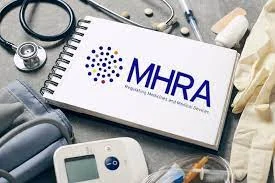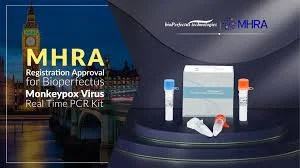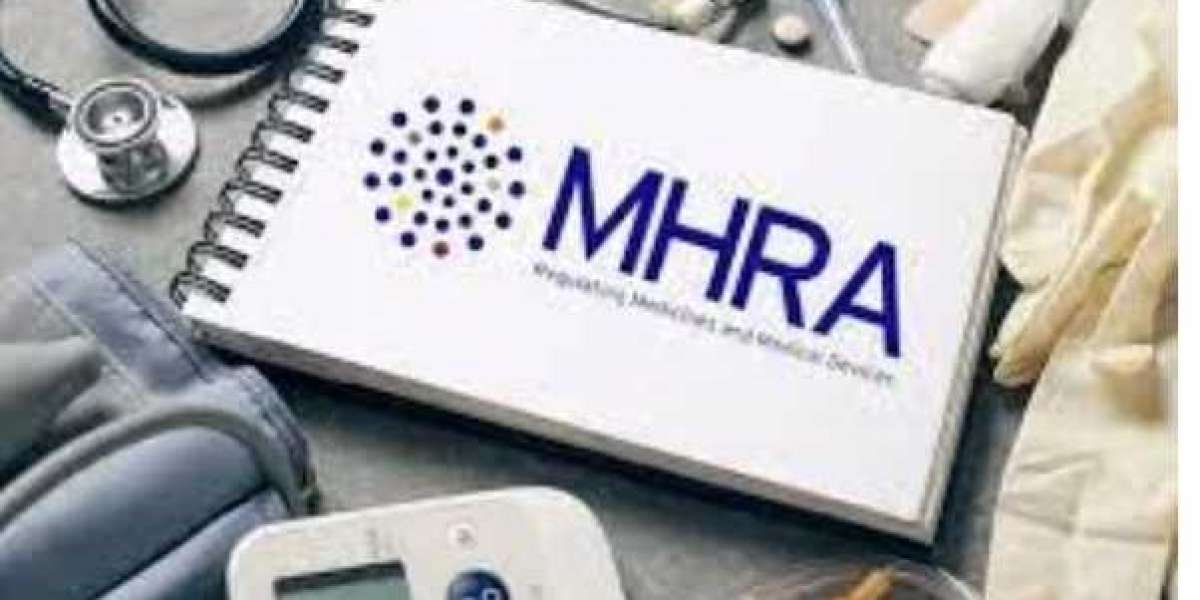When it comes to registering medical devices in the UK, Kingsmead is a reputable company that provides comprehensive regulatory support. The Medicines and Healthcare products Regulatory Agency (MHRA) is responsible for regulating medical devices in the UK, and obtaining MHRA registration is crucial for manufacturers and distributors. In this blog post, we will discuss the documents required for MHRA registration of medical devices in the UK, shedding light on the regulatory process and the importance of compliance.
I. Understanding MHRA Registration
MHRA registration is a mandatory requirement for medical device manufacturers and distributors who wish to market their products in the UK. The MHRA ensures that medical devices meet the necessary safety, quality, and performance standards, protecting the health and well-being of patients.

II. Documents Required for MHRA Registration
1.Technical Documentation:
Technical documentation is a crucial aspect of MHRA registration. It includes comprehensive information about the design, development, manufacturing, and performance of the medical device. This documentation should demonstrate compliance with relevant standards and regulations, including the Medical Device Directive (MDD) or the Medical Device Regulation (MDR).
2.Risk Management Documentation:
Risk management documentation is essential to assess and mitigate any potential risks associated with the medical device. This includes a Risk Management Plan (RMP), which outlines the process for identifying, evaluating, and controlling risks throughout the device's lifecycle. Other documents such as Risk Analysis, Risk Evaluation, and Risk Control should also be included.
3.Quality Management System (QMS) Documentation:
A well-established and compliant Quality Management System (QMS) is crucial for MHRA registration. Documentation related to the QMS should be provided, including the Quality Manual, Standard Operating Procedures (SOPs), and records of internal audits and management reviews. This demonstrates that the manufacturer has effective processes in place to ensure product quality and regulatory compliance.
4.Clinical Evaluation Documentation:
For certain medical devices, clinical evaluation documentation is required to demonstrate the safety and performance of the device. This includes clinical data and evidence to support the device's intended use, indications, and claims. Clinical evaluation reports, study data, and post-market surveillance reports should be included in the submission.
5.Labeling and Instructions for Use (IFU):
Accurate and clear labeling and Instructions for Use (IFU) are crucial for MHRA registration. The labeling should include essential information such as the device's intended use, instructions for safe and effective use, warnings, and precautions. The IFU should provide comprehensive instructions to healthcare professionals and end-users on the proper use and maintenance of the device.
6.Post-Market Surveillance (PMS) Documentation:
Post-Market Surveillance (PMS) documentation demonstrates the manufacturer's commitment to monitoring the safety and performance of the device once it is on the market. This includes documentation of adverse events, complaints, and any corrective or preventive actions taken. The PMS plan and reports should be provided during the registration process.

III. Importance of Compliance and Expert Guidance
Complying with the necessary regulatory requirements is essential for MHRA registration. Failure to provide the required documentation or meet the necessary standards can result in delays or rejection of the registration application. Seeking expert guidance, such as that provided by Kingsmead, can ensure a smooth and successful registration process. Experts can assist in compiling the necessary documentation, navigating the regulatory landscape, and ensuring compliance with the applicable standards and regulations.
Conclusion
MHRA registration is a crucial step for medical device manufacturers and distributors who wish to market their products in the UK. Understanding the required documents and ensuring compliance with the necessary standards and regulations is essential. Kingsmead, with its expertise in regulatory affairs, can provide the necessary support to navigate the registration process. By compiling the required technical documentation, risk management documentation, QMS documentation, clinical evaluation documentation, labeling and IFU, and post-market surveillance documentation, manufacturers can demonstrate their commitment to patient safety and regulatory compliance. Trust in Kingsmead for your MHRA registration needs and ensure a successful registration process for your medical devices in the UK.






